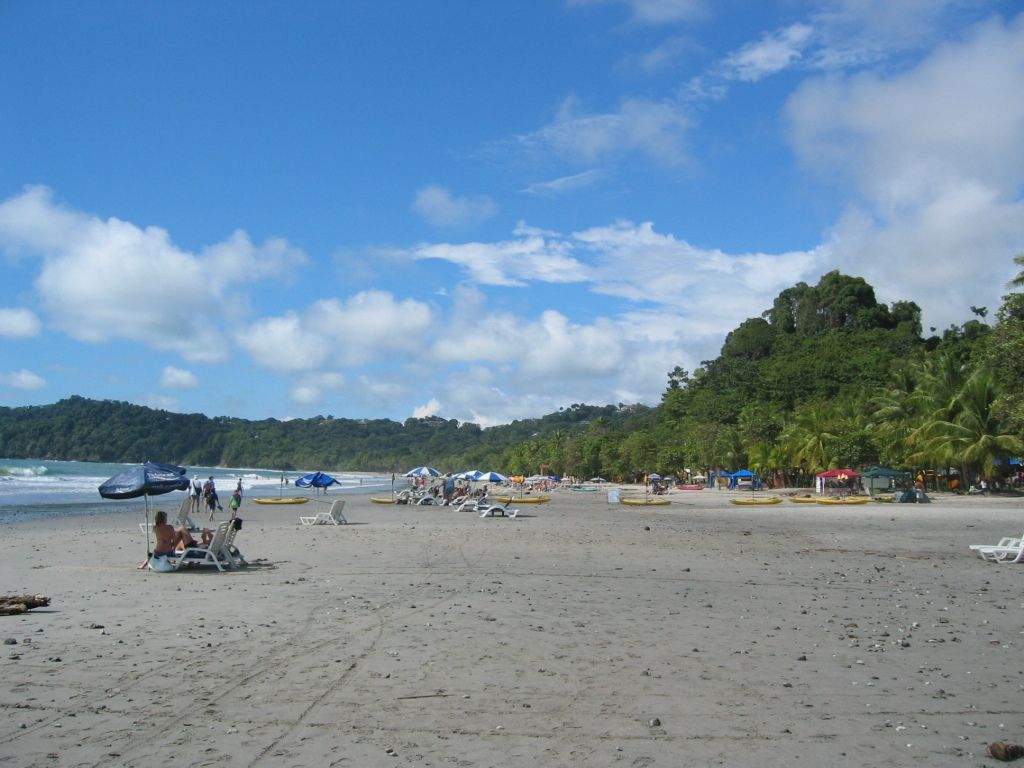Breathing Room for Now: Tusk's Surviving Vote of Confidence Amid Poland's Power Struggle
Confidence Ratified in Tusk's Administration by Polish Parliament
Poland's Prime Minister Donald Tusk, a staunch EU supporter, scored a victory as his center-left government survived a parliamentary vote of confidence. Despite the success, a looming power struggle between Tusk and the newly elected President Karol Nawrocki, backed by the opposition Law and Justice (PiS) party, remains.
The conservative Nawrocki, who won the presidential election against Tusk's candidate, has announced his plans for "hard resistance" from the presidential palace. As the President, Nawrocki can veto new laws, posing a significant challenge to Tusk's administration.
Organizing the vote of confidence, Tusk aimed to ensure unwavering support from his diverse coalition partners. "I am asking for a vote of confidence because I am convinced, I believe, and I am certain that we have the mandate to govern and take full responsibility for what happens in Poland," Tusk declared in his government statement.
PiS's Absence Speaks Volumes
As PiS MPs largely boycotted Tusk's government declaration, tension between the parties was palpable. "We don’t want to participate in Tusk's PR action," noted PiS faction leader Mariusz Blaszczak.
During the subsequent questioning, PiS members frequently questioned Tusk's perceived allegiance to Germany, a topic that Tusk addressed fiercely: "Even an obsession with other nationalities can be treated!"
Highlighting Achievements and Foreign Policy Successes
In his speech, Tusk highlighted his government's accomplishments during the first year and a half, emphasizing a thriving economy, improved relations with key international partners, and effective border control measures. Notably, Poland's economic growth rate stands at 3.7%, the lowest unemployment rate within the EU, and inflation under control, as opposed to the high inflation rates experienced during PiS's reign.
Tusk also pointed to Poland's growing international influence with successes in foreign policy, such as the recently signed friendship and cooperation treaty with France and a smooth relationship with the U.S. Additionally, Poland's strategic role as a logistics hub for Western military aid to Ukraine has strengthened its position within European politics.
Cabinet Reshuffle and Improved Communication on the Horizon
With a planned cabinet reshuffle in July, Tusk announced that new faces will be joining his administration. Furthermore, the appointment of a government spokesperson is on the horizon to optimize communication amidst mounting criticism of Tusk's political ally, Rafal Trzaskowski's, election loss.
Handlings a Veto-Prone President
Although Tusk's cabinet managed to pass the vote of confidence, the President's veto power remains a significant obstacle. To date, the current President, Andrzej Duda, has thwarted all bills aimed at repairing the rule of law damaged by previous PiS government policies. With Nawrocki, who has proven to be a formidable force, taking office on August 6, the government is bracing for intensified opposition.
Nawrocki, a historian and former amateur boxer who owes his rise to the powerful PiS leader Jaroslaw Kaczynski, has vowed to respond to any provocation "firmly and decisively" against Tusk. This power tussle could create domestic turmoil, exacerbate international tensions, and complicate Poland's relationship with EU member states, including Germany.
The election of Karol Nawrocki and ongoing power struggle in Poland is set to create a complex political landscape that challenges EU cohesion and may reshape Germany's role in European politics. Balancing the interests of key partners while navigating domestic obstacles will become crucial for maintaining regional stability and continued EU integration.
- The ongoing power struggle in Poland, precipitated by the election of Karol Nawrocki, threatens to reshape EU cohesion and potentially redefine Germany's role in European politics due to its complex political landscape.
- Migration, war-and-conflicts, and crime-and-justice issues have the potential to be fueled by the domestic turmoil that the power struggle between Donald Tusk and Karol Nawrocki could create, adding another layer of complexity to the European political arena.
- Policy-and-legislation, particularly those aimed at repairing the rule of law damaged by previous PiS government policies, face a significant challenge due to the veto power wielded by the President, illustrating the intricate policy hurdles that Tusk's administration must navigate.
- General-news stories may focus on the Polish government's handling of the veto-prone President and the impact of his vetoes on policy and legislation, as well as the subsequent responses from Tusk's administration.
- Amidst the power struggle, car-accidents, fires, and other crime-and-justice incidents may escalate due to the increased tension between political parties, creating additional scrutiny and bureaucratic challenges for the Polish government in managing these incidents effectively.








